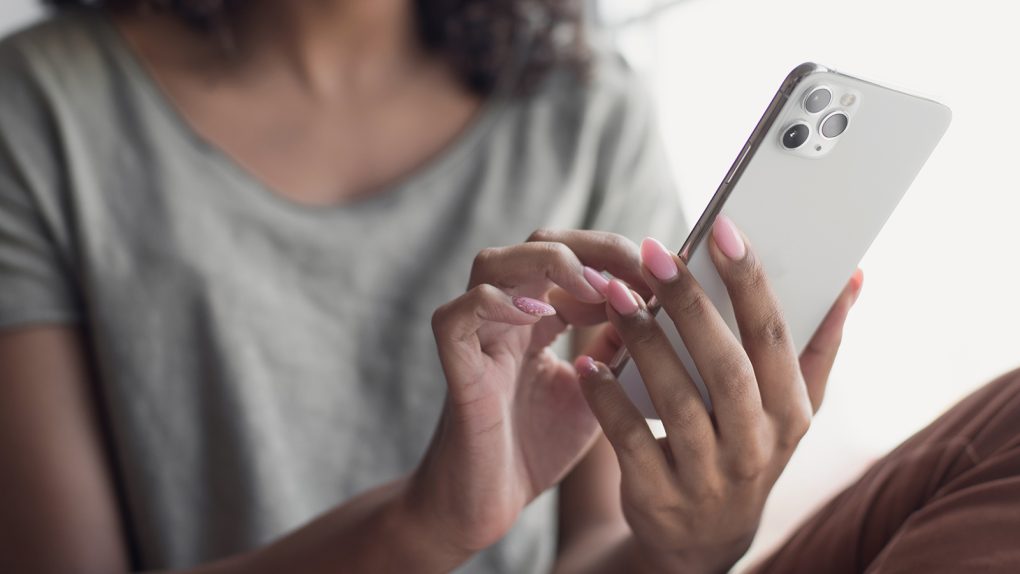At some point during WWDC 2021, which kicks off on Monday, Apple will likely share metrics touting Apple’s customer satisfaction numbers as well as overall user loyalty to the iPhone maker and its ecosystem. Those data points will fit in nicely with the rest of the always highly anticipated keynote from Cook and other Apple execs on Monday, and when the next generation of Apple’s operating software for products like the iPhone is revealed.
It should go without saying, though, that customer loyalty is not absolute and unchanging, even for a product like the iPhone and for a company like Apple. The iPhone vs Android contest may have been settled a long time ago, given Android’s supremacy across most of the world, but Apple nevertheless submitted some very interesting internal company documentation along these lines during the recent Epic Games trial, ostensibly to show that Apple is not the quasi-monopolistic bully that the maker of Fortnite tried to present it as. What the documents showed is that on a quarterly basis, at least for the fairly recent snapshot of time that Apple focused on in these documents, that somewhere around 20% of Apple customers, and sometimes a bit more than that, are jumping ship on a quarterly basis and essentially switching teams, leaving iOS and moving to Android.
So why is Apple seeing a “meaningful” share of its customers abandoning the iPhone for Android? Well, take a look at the graphic within the tweet below, and zero in on the first and second quarter of 2020. During those two periods, it seems that some 26% of Apple users switched from iOS to Android, which roughly coincides with the launch of — new iPhone models.
Nugget of data on iPhone customers switching platforms came out in the Epic v. Apple trial.
Apple submitted this to show people do switch (even if small) and therefore choice does exist.
Average iOS loyalty over this time period was 81%.
cc @benedictevans @asymco pic.twitter.com/koBSk7bvpK
— Ben Bajarin (@BenBajarin) May 10, 2021
Two things are suggested by these statistics. Apple’s thinking behind inserting this into the record during the Epic Games trial is to show that, since some of its own customers abandon it at a somewhat steady clip in favor of a competitor, that viable choices actually exist for Apple customers — who can decide, if they want, to leave the Apple ecosystem entirely.
Don’t misunderstand, though: As we reported just a couple of months ago, iPhone brand loyalty at this point is also at an all-time high. A recent survey from sellcell.com of more than 5,000 US-based smartphone owners, for example, found, among other things, that brand loyalty for Apple has hit 92%, up from 90.5% in 2019. Also, Apple users are almost 18% more loyal to their iPhones than Samsung users are to their mobile devices.
Along these same lines, US teenagers — one of the most coveted demographics, with disposable income to burn and brand loyalties that get locked in place early in life — really, really love their iPhones, according to a recent Piper Sandler survey of more than 7,000 teens. Within that demographic, 88% own an iPhone, and a little more than that, 90%, also expect the next phone they own to likewise be an iPhone.
The numbers regarding the iOS-to-Android customer shift that Apple shared, meanwhile, also point to the following as another way of explaining the change:
In an interview with Android Central, Neil Shah, vice-president of research at Counterpoint Research, said that one reason many users do end up switching, even though it’s a minority, is because of better deals being available for Android devices.
“Many iPhone users have been holding on to their phones longer, so by the time when they are ready to upgrade (they see that) the price of flagship new iPhones have gotten more expensive. So, many users who can’t afford and find an attractive carrier or OEM deal are likely to switch.”
Related coverage:








